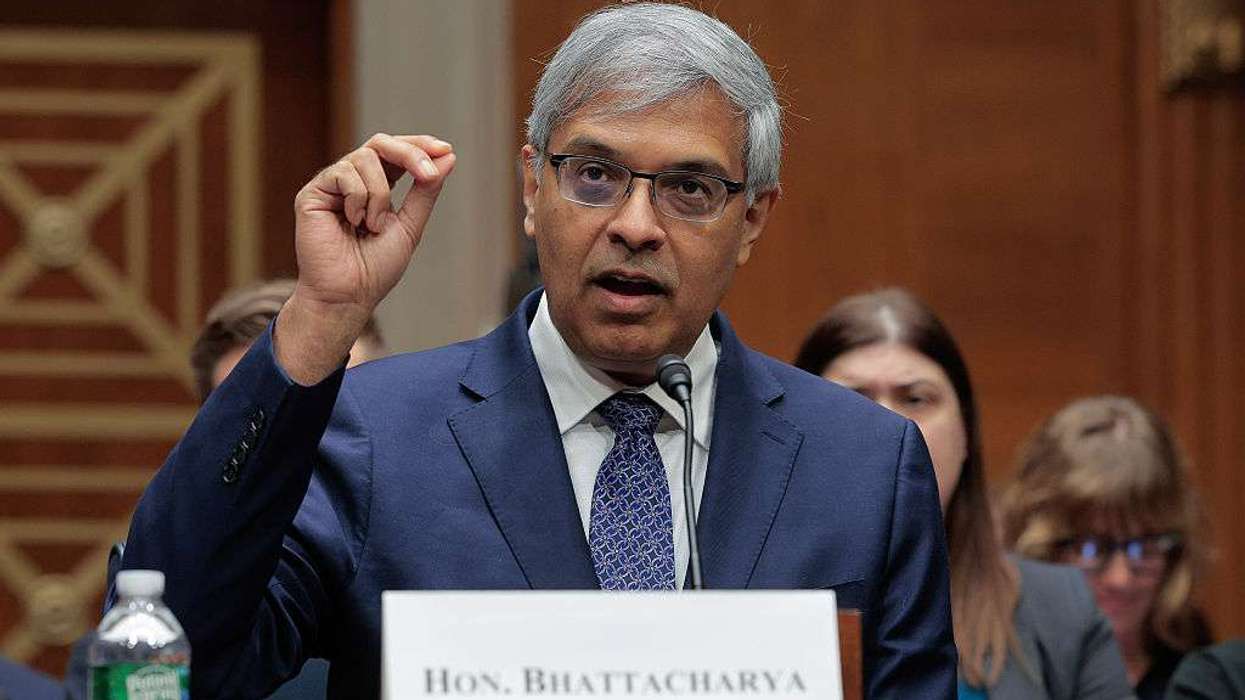NET mortgage lending in Britain increased in January to its highest level since September 2022, while mortgage approvals declined slightly but remained above expectations, according to Bank of England data released on Monday.
Lending rose to £4.207 billion in January from £3.343 bn in December. This was the highest level since September 2022, when financial market turmoil followed the economic plans of then-prime minister Liz Truss. The figure was also higher than the £3.55 bn forecast in a Reuters poll.
Mortgage approvals for house purchases, a key indicator of future lending, fell to 66,189 in January from 66,505 in December, a smaller decline than the expected drop to 65,650 in the poll.
The upcoming end of a temporary stamp duty land tax reduction at the end of March is likely to have contributed to increased activity in the mortgage market.
"Lower mortgage interest rates, rising real wages and a rush to beat changes to Stamp Duty in April supported net new mortgage approvals for house purchase in January," Rob Wood, chief UK economist at Pantheon Macroeconomics, said.
"But the rush to beat stamp duty changes seems to have peaked, so approvals will likely slow in the next few months."
Some housing market indicators, including house price data from mortgage lender Nationwide and the Royal Institution of Chartered Surveyors, have shown prices rising.
Other Bank of England data released alongside the mortgage figures reflected a pick-up in consumer demand.
Annual consumer credit growth slowed slightly to 6.4 per cent in January from 6.5 per cent in December, the lowest since May 2022.
In cash terms, consumer credit rose by a net £1.740 bn in January, up from £1.062 bn in December, marking the largest increase in a year and exceeding the Reuters poll forecast of £1.2 bn.
(With inputs from Reuters)





